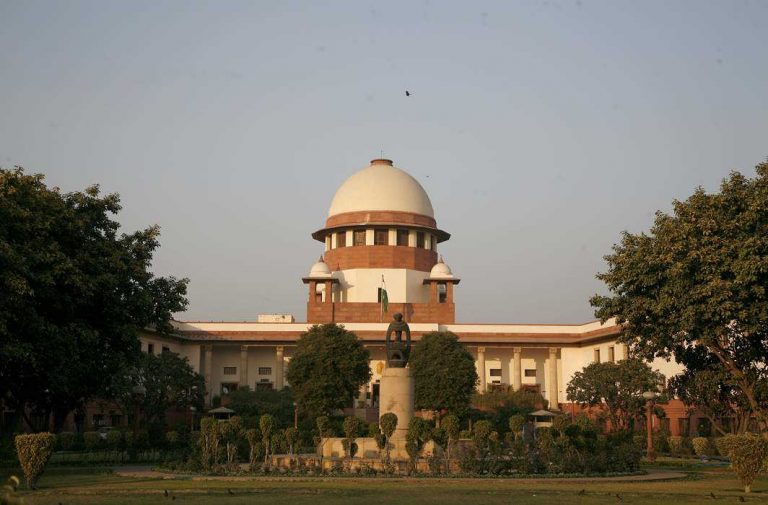
Hearing case related to delay in filling vacancies for judges, Chief Justice Ranjan Gogoi directs State of UP to fill all vacancies in high courts by March 2019
A fortnight after he reprimanded various state governments for their inefficiency and inordinate delay in filling up the many vacancies for judges in various high courts and the subordinate judiciary, Chief Justice Ranjan Gogoi, on November 15 (Thursday), said that he would hold the state government and jurisdictional high courts responsible if the task is not fulfilled.
On Thursday, the apex court bench of Chief Justice Ranjan Gogoi and Justices SK Kaul and KM Joseph resumed hearing in a case related to the huge number of vacancies in high courts and district courts across the country. The court had, on the last date of hearing in the case (November 1), directed the Registrars General and the authorised representatives of chief secretaries of the states of Uttar Pradesh, Maharashtra, West Bengal, Chhattisgarh, Delhi and the North-Eastern States to be personally present in the court today (November 15).
As the proceedings began, Chief Justice Gogoi pulled up the officers representing the State of Uttar Pradesh stating: “Your commitment is no good, we want an affidavit. You haven’t created the posts”. The bench then asked amicus curiae, senior advocate Shyam Divan, to step forward and answer queries related to the case.
The Chief Justice asked Divan to first explain the situation of vacancies in Uttar Pradesh, especially with regard to the state’s high court. The amicus curiae responded: “there were 394 vacancies in the higher judicial services of which 364 vacancies have been filled till date while 125 vacancies are expected to be filled up in 2019.”
Divan also informed the court that the Uttar Pradesh government had committed to upgrading the judicial infrastructure in the state by providing 371 additional courtrooms by June 2019 and initiating various schemes that would expedite the process of filling up vacancies and creation of better paraphernalia.
The bench then noted that “in accordance with directions laid down in Malik Mazhar regarding vacancy in higher judiciary, the process earlier initiated by the state of Uttar Pradesh is directed to be completed by March 31, 2019 and subsequent processes are to be completed by July 31, 2019.”
The Chief Justice also pulled up the Registrar General of the Allahabad High Court, asking why the process for filling up the 211 vacancies of judicial officers in the court – including for the 36 posts that require an examination to be conducted – had not yet been initiated.
The bench expressed “reasonable satisfaction” at the pace with which Maharashtra and Goa had dealt with the issue of filling up vacancies in various courts but chastised the State of West Bengal for its lackadaisical approach.
“We want our judges to function. We need judges, we need courtrooms, we need manpower. We will make states governments, high courts and public service commissions responsible,” the CJI said.
The Registrar General for the Delhi High Court also came in for some stern rebuke with the Chief Justice pointedly asking him: “when vacancies are for 201 posts, why have you advertised for only 100 posts”?
When the counsel appearing for Delhi noted that the allocation of Rs. 325 crore for filling up various vacancies and making adequate infrastructural upgrades has been static since 2001 while the requirement towards these purposes has escalated to Rs 1000 crore per annum during the past 18 years, the Chief Justice said: “We will write it in our order that Delhi is unable to do it on its own and requires centre’s aid.”
— India Legal Bureau

